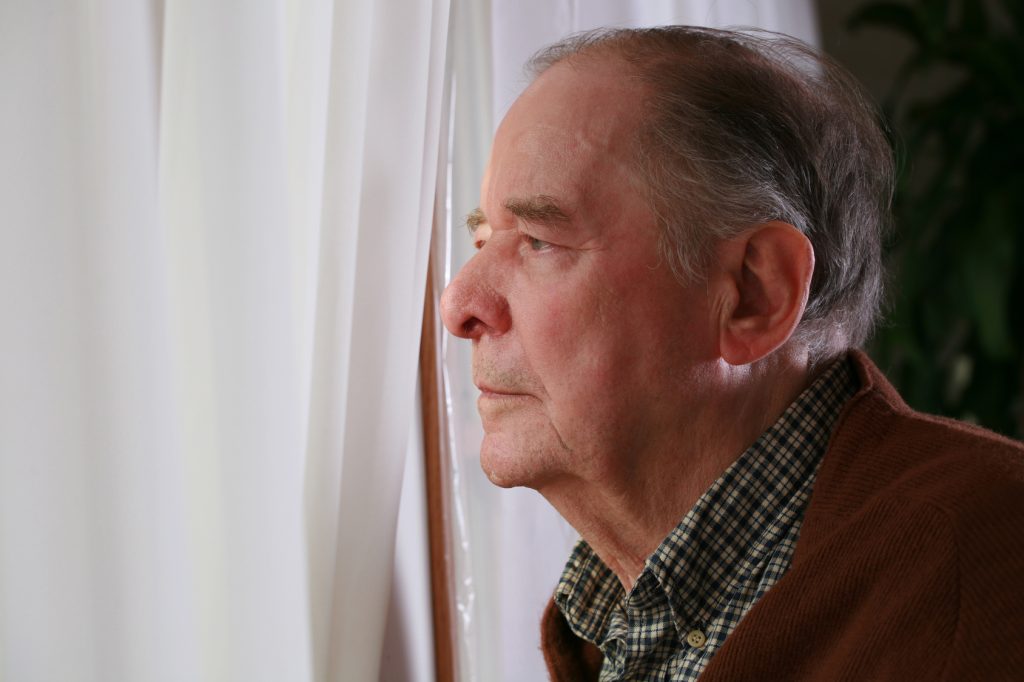Several social policy topics affect older people. These include ageism, poverty, and loneliness. This article will introduce some of the issues that affect older people. Also covered are topics such as Activity theory and ageism. This article also includes an overview of the various types of research on these topics.
Activity theory
Activity theory is an approach to older people’s social life that has gained popularity among wilmacliving.com. It emphasizes the importance of continuing to perform the roles and activities that one had before getting older. It also recognizes the role of perception in the psychological well-being of older people. While the theory has its critics, it is often a useful introduction to social issues that affect older people.
One criticism of the theory is that it assumes that older people cannot perform their former roles. Yet, in many societies, older people continue to fill these roles and contribute to society. When older people are disengaged from these roles, society is hurt because the wisdom and insight of the elderly are lost. Furthermore, many elders cannot afford to give up on their previous roles because they would not have the ability to earn income. Also, disengagement from roles and jobs would mean a decrease in social interaction.

Loneliness
One way to combat the social isolation of older people is to develop programs aimed at reducing loneliness. While this may seem to be a simple task, there are several factors that need to be considered in the design of these programs. One important factor is the age of the people who are being served.
The report cites a study from Age UK which highlights the growing gap between research into the effectiveness of loneliness interventions and the practice of providers. Although service providers are feeling increasing demand to address loneliness, few have empirical evidence to support their innovations.
Poverty
One of the social issues that affect the elderly is poverty. While Social Security has made it easier for older Americans to remain in the middle class, it is not nearly enough. It is estimated that one-third of the elderly lives in poverty. While Social Security is helpful for many older Americans, it is inadequate in comparison to programs in other wealthy countries.
Societal changes over the past century have changed attitudes about the elderly. Industrialization and modernization have lowered their social status and power. However, rapid economic growth and the availability of affordable healthcare have improved the lives of many, including the elderly. With modern medicine, older people can live longer and still receive the healthcare they need.

Mistreatment
While older adults face many physical challenges, social factors also play a role in their general well-being. For example, many older people are isolated and lack social support, which can lead to undernutrition, accidents, and general deterioration of health. For this reason, social issues are critical to the well-being of older adults. For example, without frequent contact with caregivers, memory loss and hearing loss are more likely to go unrecognized, and medication may be forgotten.
Social policy is often based on specific goals. In older adults, these goals may overlap or be conflicting. For example, some policies may prioritize maintenance and restitution of independence, while others may focus on prevention. As a result, these competing goals can lead to fragmented services and policies. In addition, it is difficult to evaluate the success of a program if it doesn’t have clear goals.
Abuse
Elder abuse and neglect is a serious problem for older people, and the impact of it can be devastating. The affliction can range from physical violence to neglect and financial exploitation. Although it is difficult to collect accurate data, it is believed that at least 10 percent of older Americans have experienced abuse or neglect. And even though only a small percentage of cases are reported to the police, the number is still large.
A number of studies have indicated that older adults are able to regulate their emotions better than younger adults. This may be due to life experiences that develop expertise in social and emotional processes. Over time, this experience builds up through social interactions and successfully coping with negative stressors. However, this advantage does not necessarily translate to greater emotional perspective for all.
See Also:
Common Problems Faced by the Elderly in the US
The Financial Perks of Growing Older
